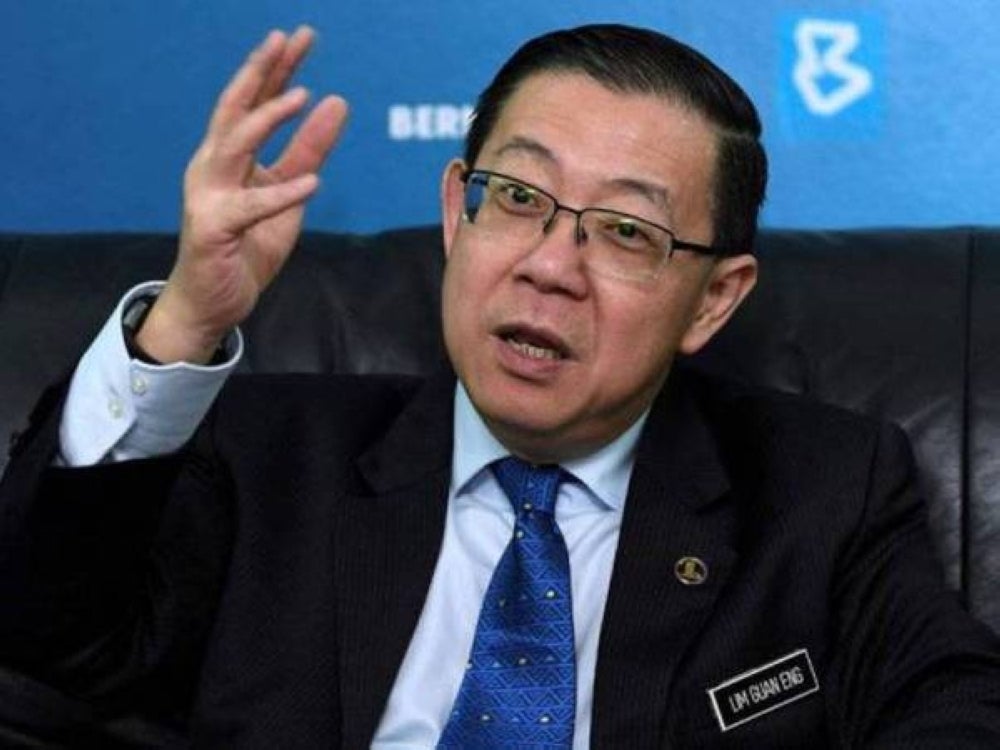Maintaining OPR will help to ease impact on bank borrowers, says DAP

Former finance minister, Lim Guan Eng - photo by Bernama
He said the move will help cushion the impact of the economic recession that the United States (US) is expected to experience this year.
"This will help the government to address the sluggish economy caused by the recession in the US, but it will also be like an 'ang pao' to businesses and bank borrowers," he said in a statement earlier.
The DAP chairman said the halt in borrowing costs could also help ease the pressure on both individual and bank borrowers.
"Our party welcomes BNM's decision today to maintain the overnight policy rate (OPR) at 2.75 per cent, offering businesses and bank borrowers much-needed respite from interest rate hikes.
"Further, the formation of the new unity government under Prime Minister Datuk Seri Anwar Ibrahim since Nov 24 has also bolstered investor and market confidence.
"It was evident through the marked appreciation of the value of the ringgit against the US dollar from RM4.75 under the previous government to RM4.32 today," he said.
He explained that the interest rate had to be increased by BNM in order to prevent inflation and restrain the quick drop in the ringgit's value.
For the record, it went down against Singapore and the US dollar under the previous government.
Lim contended by the growing value of the ringgit under the unity government, it has given a new light for the investors now.
"BNM had carried out a series of interest rate or OPR hikes last year by one per cent due to the previous failures to check both inflation and the rapid slide in the value of the ringgit.
"Despite nearly RM600 billion being pumped in by the Muhyiddin administration, economic growth remained anaemic, raising doubts as to the efficacy of the public funds spent," he said.
BNM was earlier reported as saying that the decision not to raise the OPR for the fifth time was to allow it to assess the impact of the past cumulative OPR adjustments, given the lagging effects of monetary policy on the economy.













